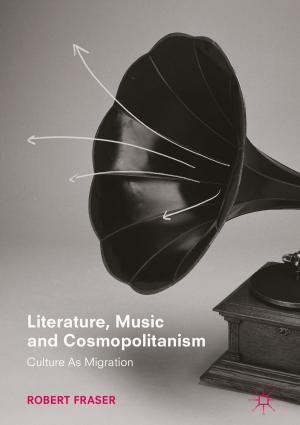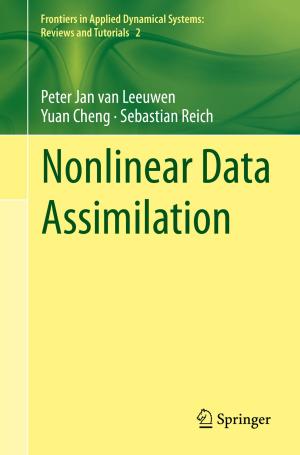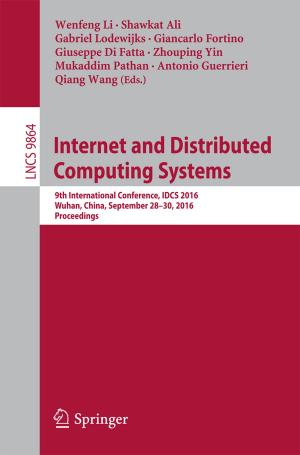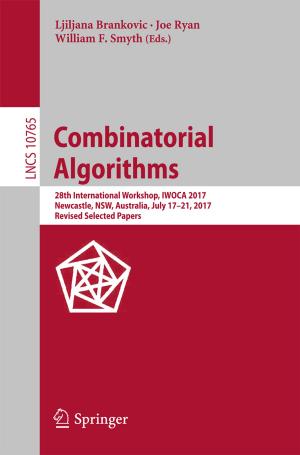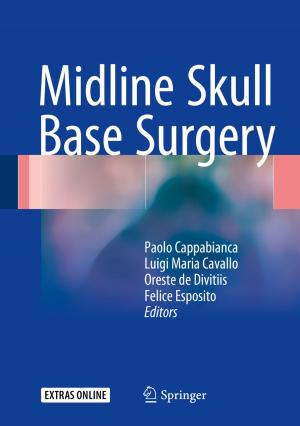Singularities of Robot Mechanisms
Numerical Computation and Avoidance Path Planning
Nonfiction, Science & Nature, Technology, Robotics, Engineering, Mechanical| Author: | Oriol Bohigas, Montserrat Manubens, Lluís Ros | ISBN: | 9783319329222 |
| Publisher: | Springer International Publishing | Publication: | September 8, 2016 |
| Imprint: | Springer | Language: | English |
| Author: | Oriol Bohigas, Montserrat Manubens, Lluís Ros |
| ISBN: | 9783319329222 |
| Publisher: | Springer International Publishing |
| Publication: | September 8, 2016 |
| Imprint: | Springer |
| Language: | English |
This book presents the singular configurations associated with a robot mechanism, together with robust methods for their computation, interpretation, and avoidance path planning. Having such methods is essential as singularities generally pose problems to the normal operation of a robot, but also determine the workspaces and motion impediments of its underlying mechanical structure. A distinctive feature of this volume is that the methods are applicable to nonredundant mechanisms of general architecture, defined by planar or spatial kinematic chains interconnected in an arbitrary way. Moreover, singularities are interpreted as silhouettes of the configuration space when seen from the input or output spaces. This leads to a powerful image that explains the consequences of traversing singular configurations, and all the rich information that can be extracted from them. The problems are solved by means of effective branch-and-prune and numerical continuation methods that are of independent interest in themselves. The theory can be put into practice as well: a companion web page gives open access to implementations of the algorithms and the corresponding input files. Using them, the reader can gain hands-on experience on the topic, or analyse new mechanisms beyond those examined in the text. Overall, the book contributes new tools for robot design, and constitutes a single reference source of knowledge that is otherwise dispersed in the literature.
This book presents the singular configurations associated with a robot mechanism, together with robust methods for their computation, interpretation, and avoidance path planning. Having such methods is essential as singularities generally pose problems to the normal operation of a robot, but also determine the workspaces and motion impediments of its underlying mechanical structure. A distinctive feature of this volume is that the methods are applicable to nonredundant mechanisms of general architecture, defined by planar or spatial kinematic chains interconnected in an arbitrary way. Moreover, singularities are interpreted as silhouettes of the configuration space when seen from the input or output spaces. This leads to a powerful image that explains the consequences of traversing singular configurations, and all the rich information that can be extracted from them. The problems are solved by means of effective branch-and-prune and numerical continuation methods that are of independent interest in themselves. The theory can be put into practice as well: a companion web page gives open access to implementations of the algorithms and the corresponding input files. Using them, the reader can gain hands-on experience on the topic, or analyse new mechanisms beyond those examined in the text. Overall, the book contributes new tools for robot design, and constitutes a single reference source of knowledge that is otherwise dispersed in the literature.

